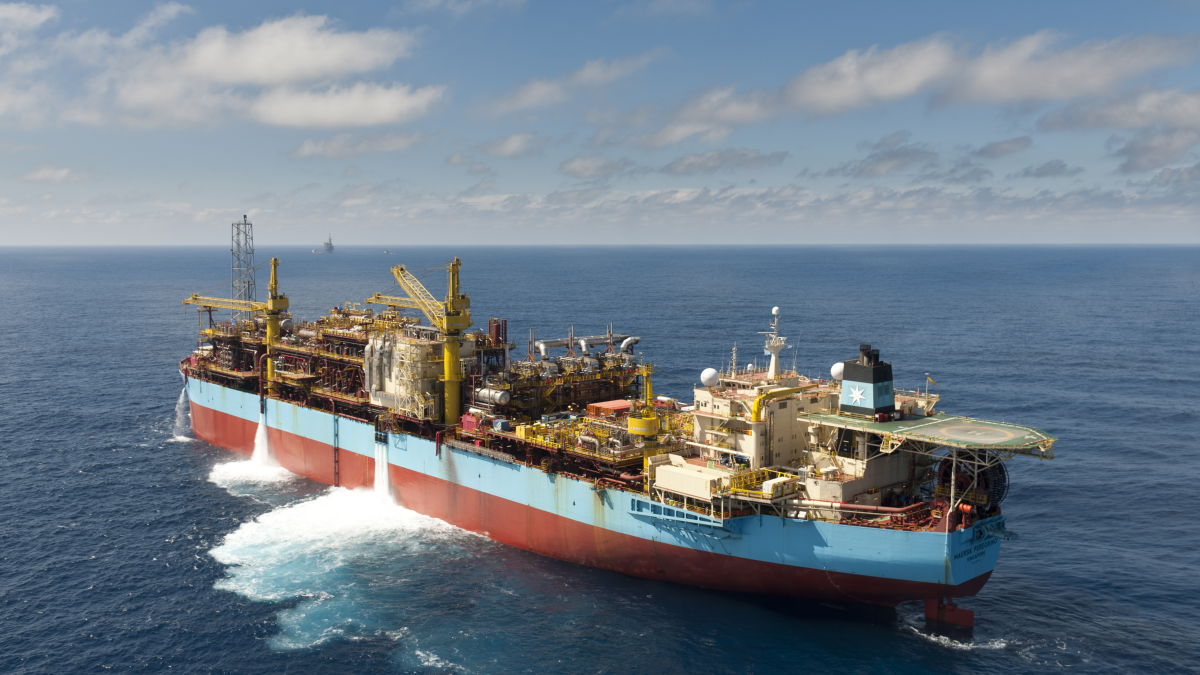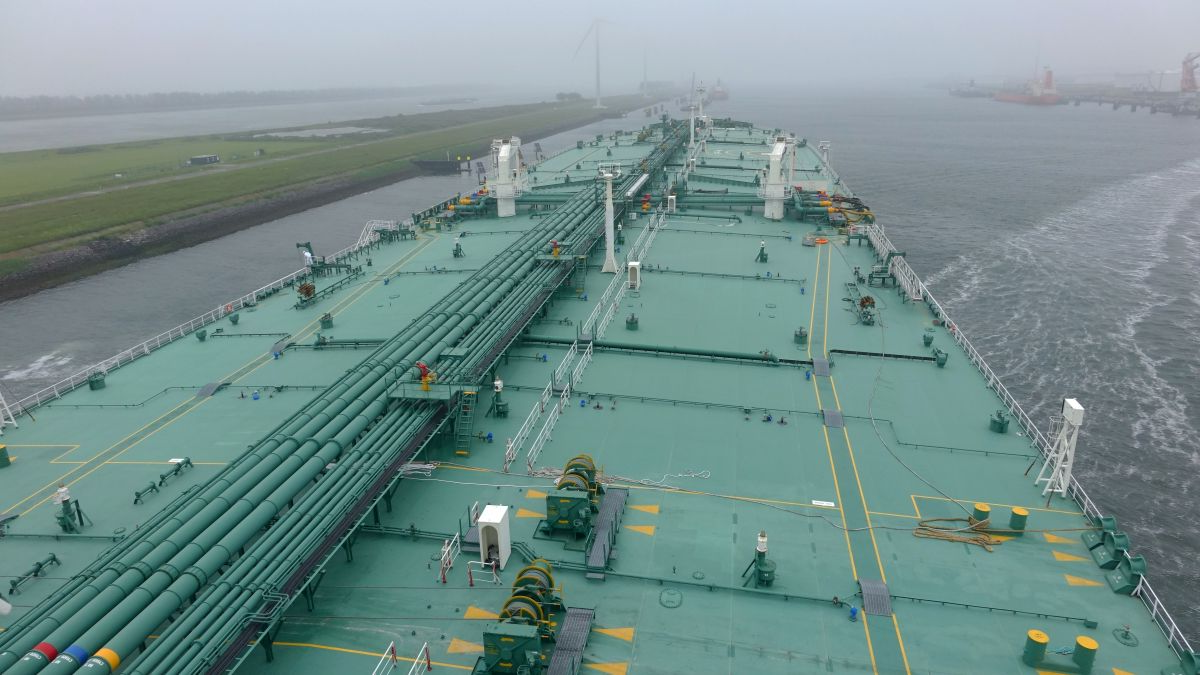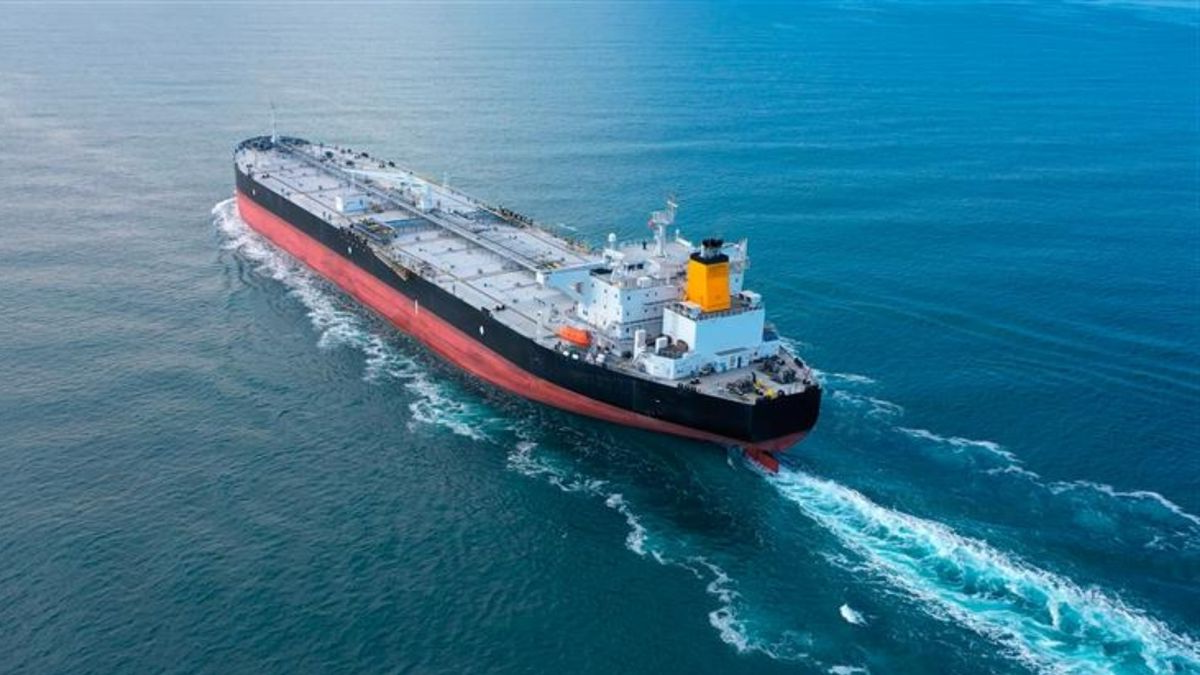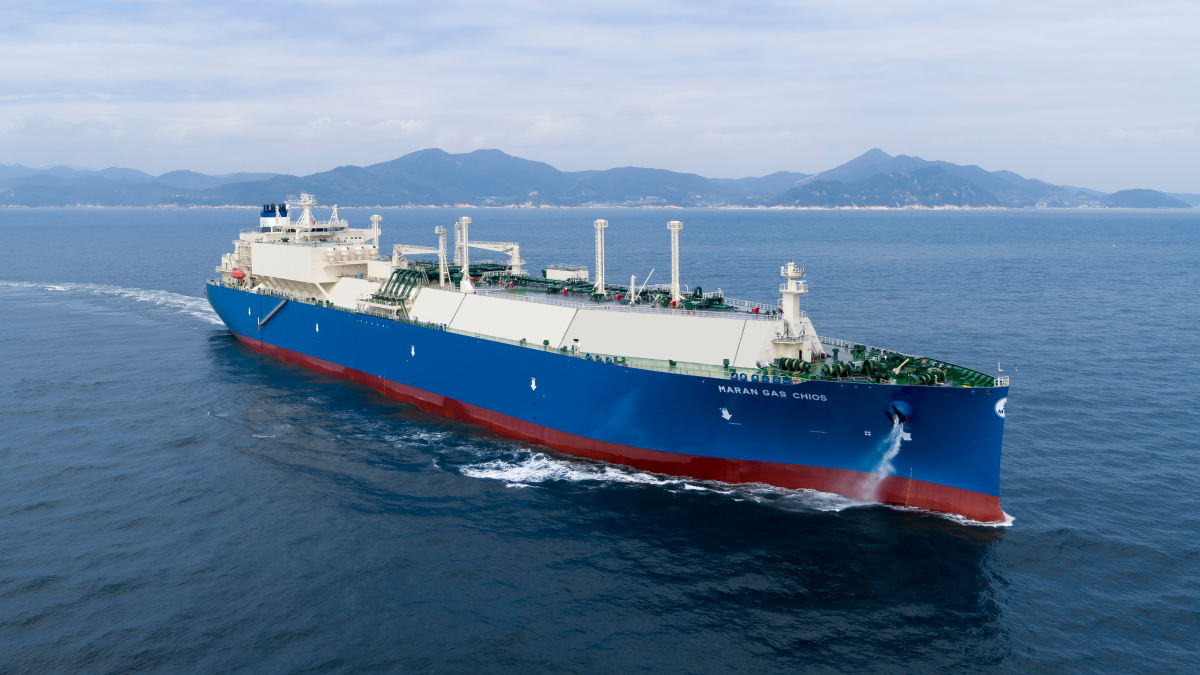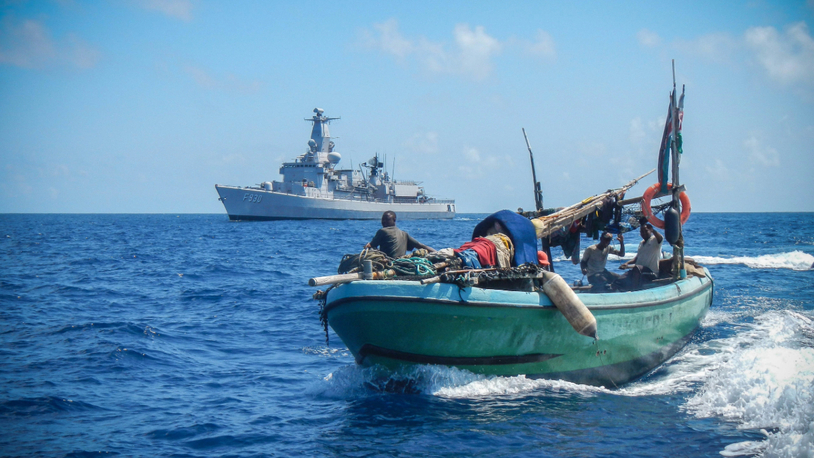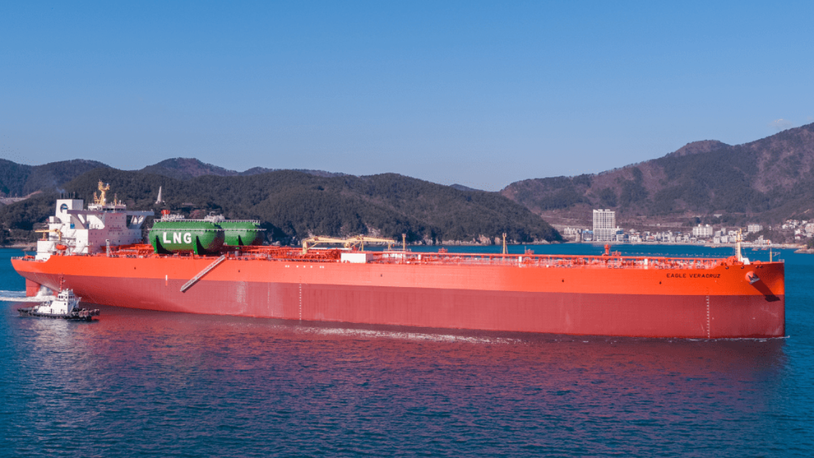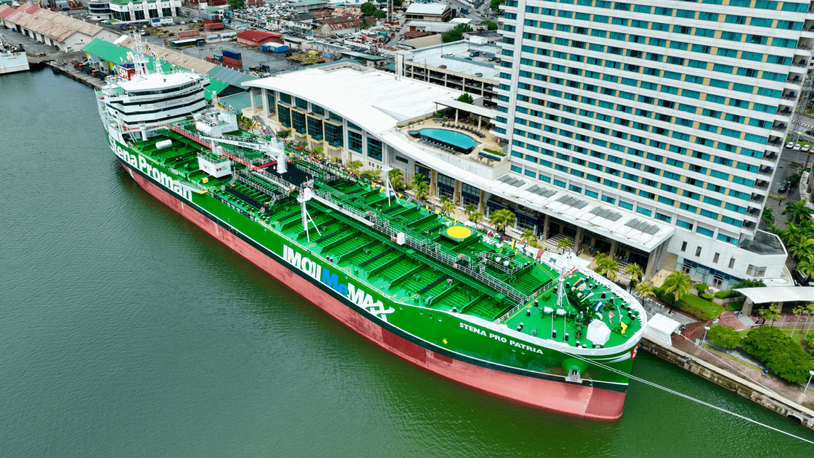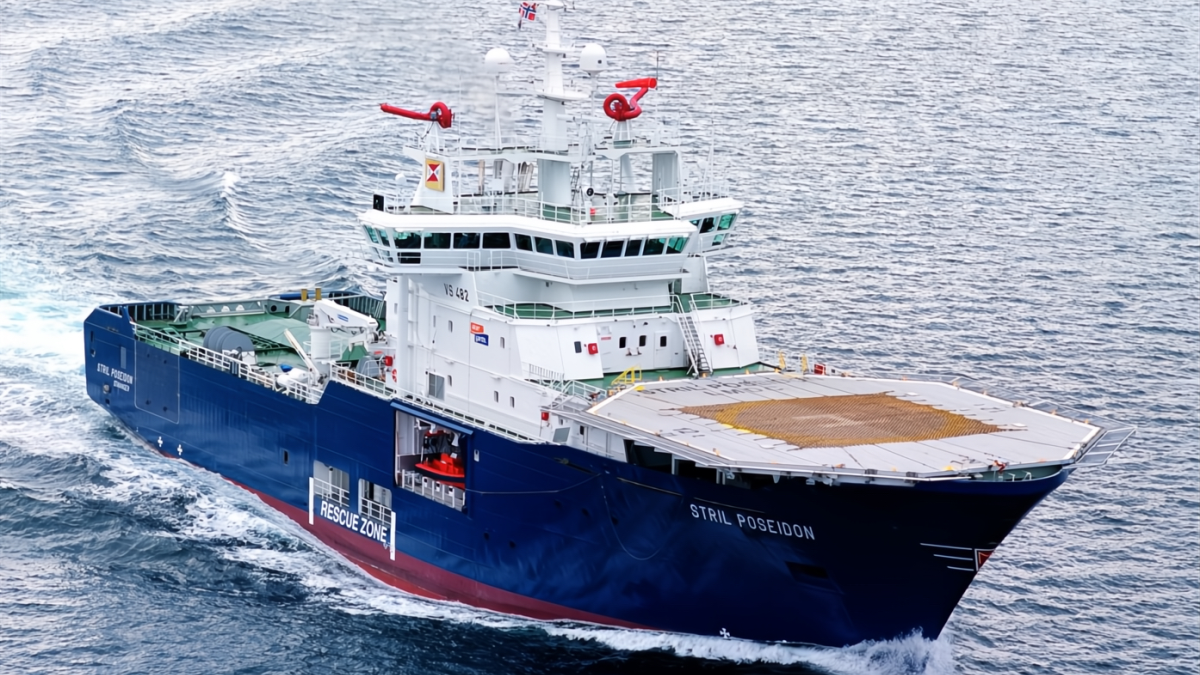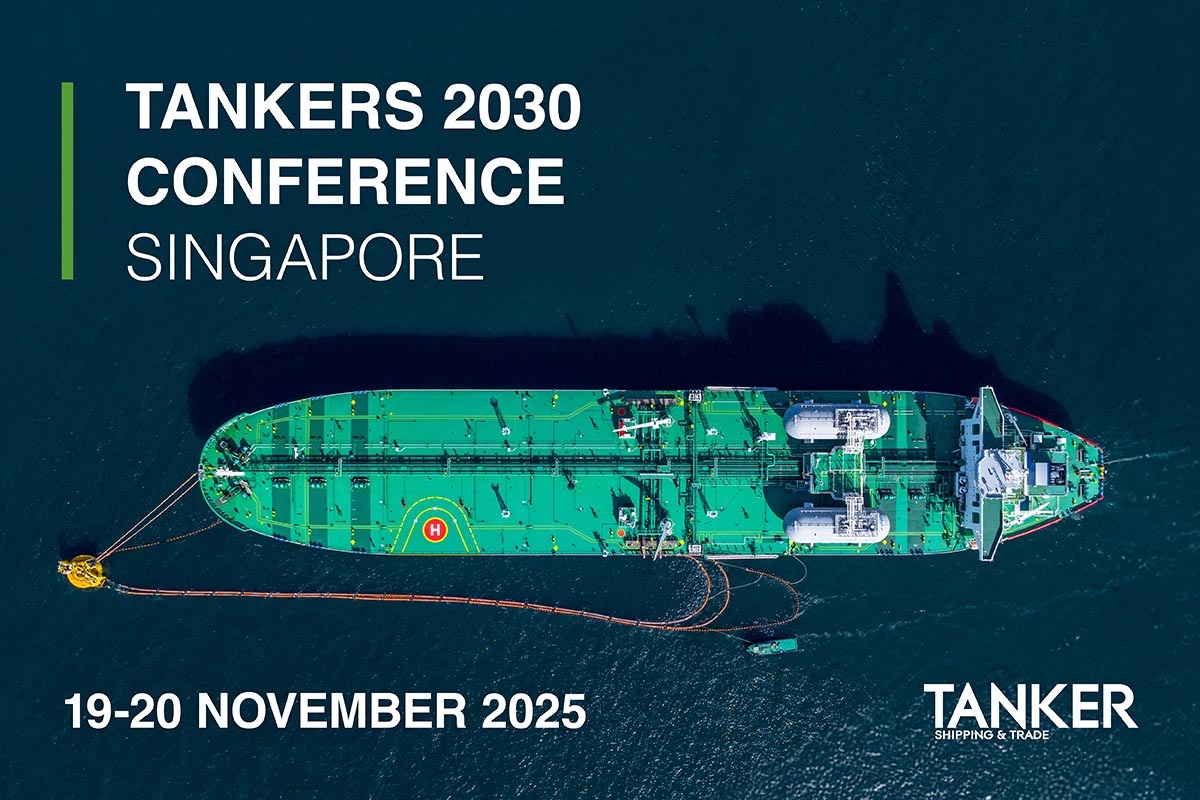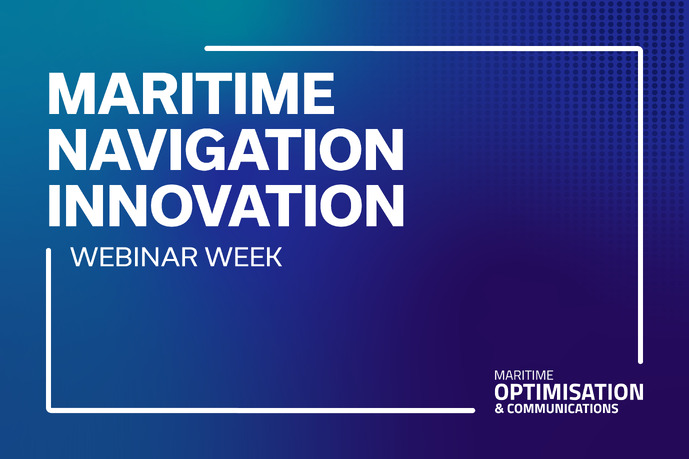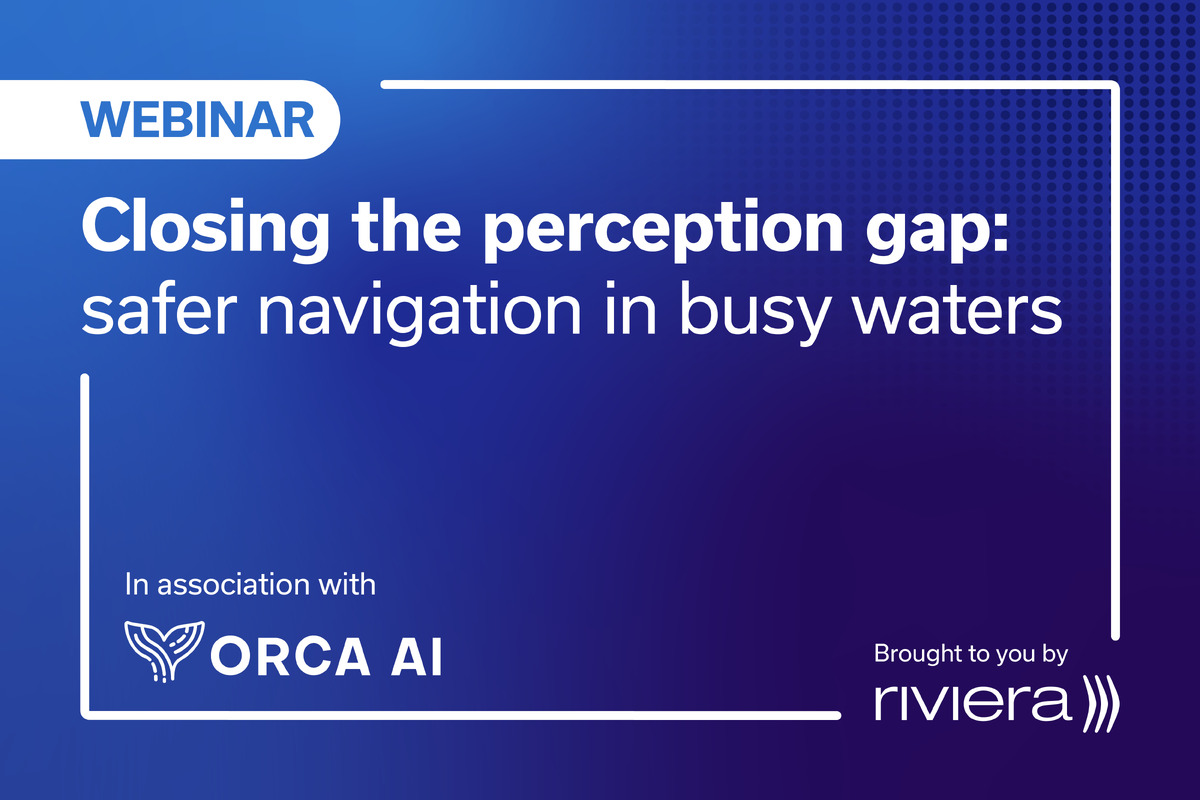Business Sectors
Contents
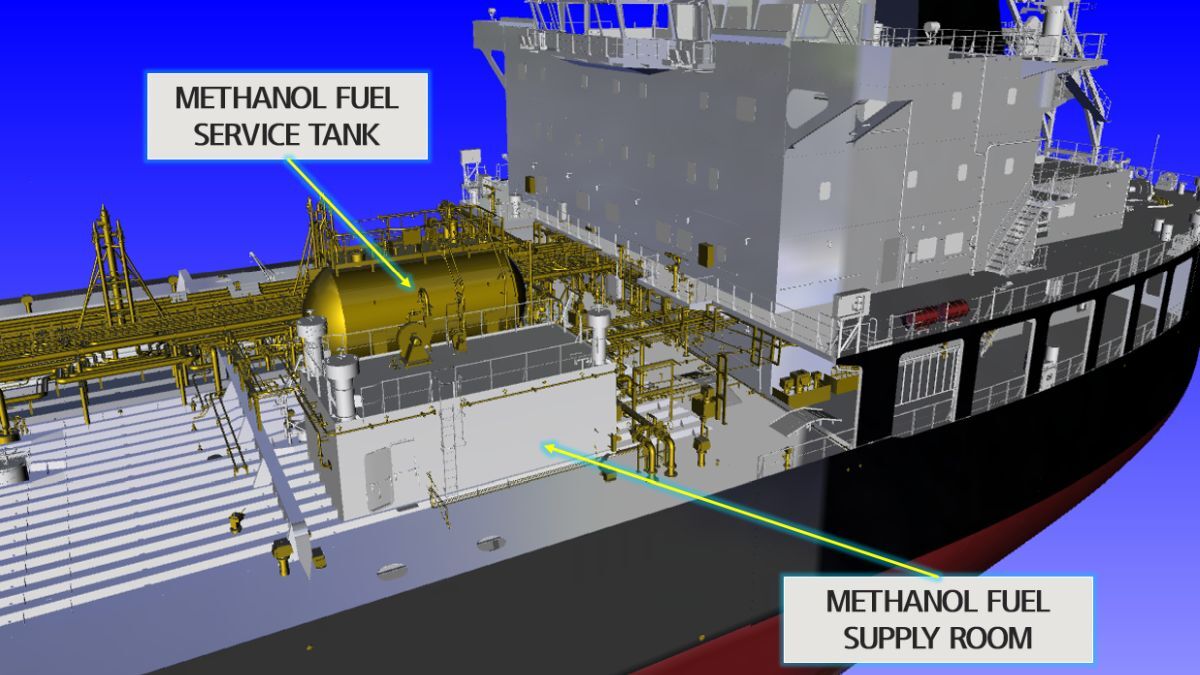
AiP given for methanol-powered product tanker design
A coalition of leading names in sustainable shipping have collaborated on a joint industry project (JIP) to enable product tanker charterers and shipowners to use methanol as fuel regardless of the cargo carried
Hyundai Mipo Dockyard, MAN Energy Solutions and the Methanol Institute worked together to develop a design that meets all prevailing safety requirements with minimal loss of cargo capacity and low additional build costs. DNV GL reviewed the designs for the vessels in accordance with the relevant rules and regulations and provided technical advice and recommendations to help enhance the design development.
The resulting design – Low Emission Advanced Products Tanker (LEAP) – has been granted approval in principle (AiP) by classification society DNV GL, which acted as verification body to the project, assessing and approving the design in conformity to its rules and the latest amendments to the IMO IGF Code.
The vessel has a service speed of 14.5 knots and effective range of 17,400 nautical miles using methanol as primary fuel and an effective range of 21,900 nautical miles using very low sulphur fuel oil (VLSFO). Cargo capacity is 54,000 m3 – a reduction of just 300 m3compared to a diesel-only vessel.
The LEAP design has additional newbuild costs of just 10% compared to additional capex of 22% for LNG-dual fuel and using methanol as fuel would have daily CO2 emissions of 54.7 tonnes per day at service speed, compared to 64.7 tonnes per day for diesel. The ship would have an approximate 6% improvement in its EEDI Phase 3 rating compared to a diesel-only vessel.
The design uses two slop tanks of 2,600 m3 to store methanol as fuel, positioned aft of the cargo tanks, protected by a cofferdam, with the fuel supply system connecting to the engineroom via an on-deck service tank. Methanol is bunkered by an independent manifold and the design includes tanks for VLSFO and MDO storage to provide complete operational flexibility.
“HMD is pleased to have provided initial and detailed design for the LEAP vessel design using the experience accumulated from successful dual-fuel methanol carriers for numerous international owners,” said Hyundai Mipo Dockyard head of initial design department Y H Chung. “This design results in estimated cargo loss of 0.5% for a low construction premium, providing shipowners with the ability to build a low-emissions vessel today.”
MAN Energy Solutions provided input to the arrangement of the fuel supply and propulsion system, based on application of its proven ME-LGIM two-stroke methanol-capable main engine. There is no significant additional ‘footprint’ for the methanol fuel system as the service tank, methanol pipelines and methanol fuel supply room are located on deck.
“Methanol ticks the boxes from an emissions point of view, with no sulphur, very low PM and carbon dioxide emissions around 15% lower than conventional marine fuel oil,” said MAN Energy Solutions’ head of marine and offshore sales, 2 and 4 stroke engines, Kjeld Aabo, “To meet IMO NOx Tier III requirements, methanol can be blended with water which brings the ship into compliance without the need for expensive exhaust gas after treatment.”
DNV GL’s Approval Centre verified the design in accordance with its rules and applicable international regulations including the latest amendments to the IGF Code which include guidelines on the use of methyl/alcohol fuels.
“DNV GL has assessed this design in accordance with its rules and all international standards and is pleased to provide approval in principle for a vessel which can make a significant contribution to lower emissions,” said DNV GL Korea and Japan regional manager Vidar Dolonen. “In the drive to decarbonise shipping, DNV GL has identified an important role for methanol produced from biomass or renewable energy sources."
The Methanol Institute believes the next few years will be crucial ones for the adoption of fuels that can begin to have an impact on global carbon emissions from shipping. Huge investment will be required to produce renewable fuels and owners may have to demonstrate they have taken steps to address their environmental performance to access fresh capital in future.
“Governments, NGOs, policy-makers, academics and technical experts all agree that conventional methanol provides a safe, clean and practical pathway to short-term emissions reductions,” said The Methanol Institute chief operating officer Chris Chatterton. “This vessel design demonstrates that newbuild or conversion can be straightforward and cost effective and extends the trading life of the asset as it can use renewable methanol as more becomes available.”
MAN Energy Solutions’ head of marine and offshore sales, 2 and 4 stroke engines, Kjeld Aabo will be explaining how vessel owners and operators can take advantage of the new engine technology available today and in the very near future in the Maritime Air Pollution Asia Webinar Week. To register, click here.
Related to this Story
Events
International Bulk Shipping Conference 2025
Tankers 2030 Conference
Maritime Navigation Innovation Webinar Week
© 2024 Riviera Maritime Media Ltd.



